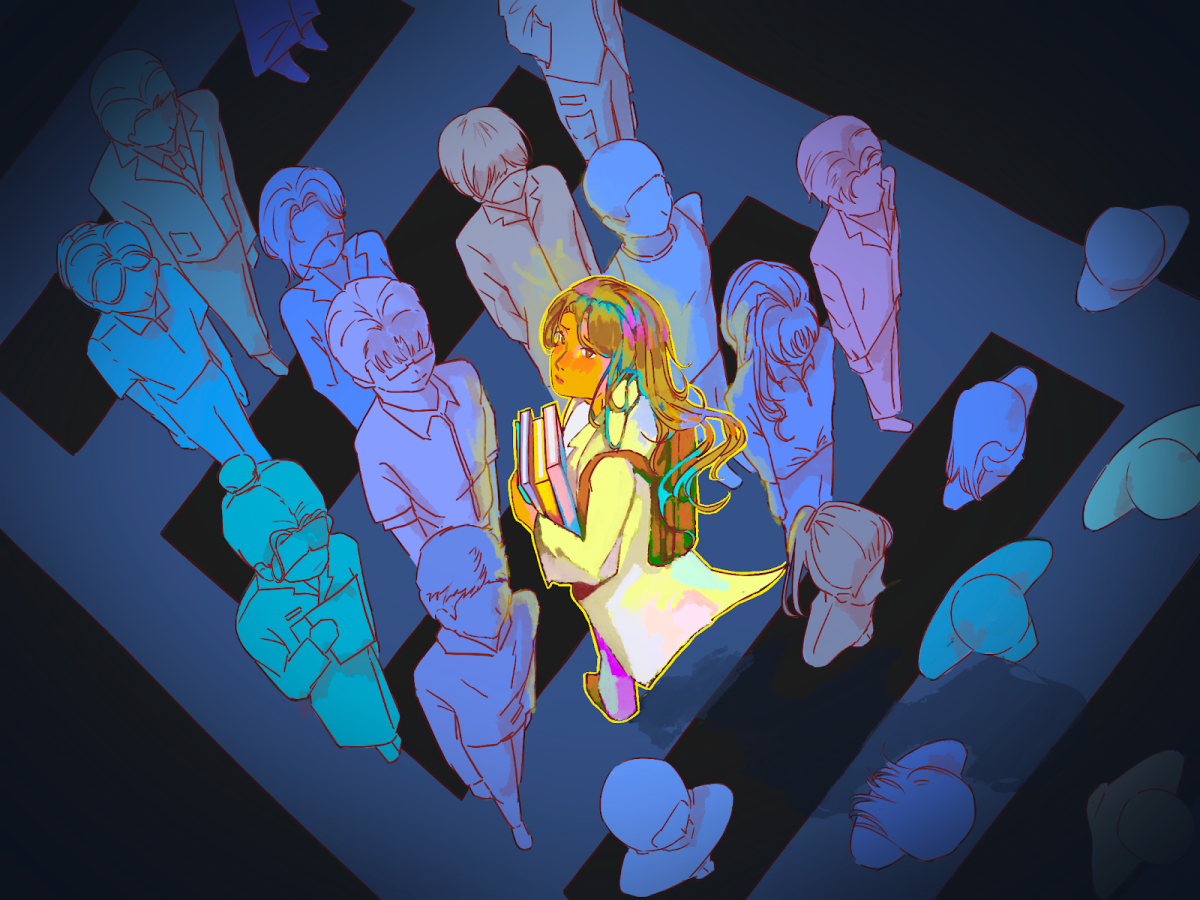By Shonushka Sawant | Web Editor
We’ve all felt it, whether we’re male or female: the sting of casual stereotypes dropped in passing. “Girls tend not to be as rational as boys are.” “Men just don’t understand.” Many of us are guilty of both believing and acting on these ideas, but most of us do not realize prejudice need not be extremely evident to cause harm.
Oftentimes, the damage is both societal and self-caused, as shown by a 2001 study on career choices between genders. Boys and girls who were equally competent in mathematics were asked to rate themselves on their performance. Usually, girls downplayed their capability and were less likely to choose majors in the STEM fields. Not so coincidentally, it’s a stereotype that boys are better at math than girls. In the case of this study, all students scored equally well, but girls tended to internalize widespread prejudices when selecting future careers. Girls are constantly taught the value of being submissive and kind; those who are more rough and dominant are often criticized by their peers and parents. As such, girls often enter adult society unwilling to push a path for themselves and afraid that they will be seen as too masculine or overtly willful. Lacking the confidence to state their opinions and to object when necessary, girls often set themselves up to be walked over in the future. Furthermore, Women are more likely to surrender their careers or education for the sake of their children or spouse.
It’s a common stereotype that boys should be reserved about their emotions. Younger children of both genders are equally likely to display emotion, but boys are often encouraged to “take it like a man,” when they are sick, injured, or upset. Tears are often met with “Don’t cry like a girl.” As a result, boys grow up with the concept that showing emotion is weak and unappreciated. Most young men feel uncomfortable talking about their feelings with male friends because they fear rejection or ridicule. This leads to further insecurity later in life, with negative impacts on academic, familial, and professional life. Many young boys also enter the world ill-prepared to look after their basic needs, such as cooking, shopping, and cleaning, because they have been brought up to believe that it’s “women’s work.” Therefore, they may spend their first years of college eating extremely unhealthy food and at a loss when it comes to living alone.
Subtle stereotypes are one of society’s worst form of prejudice. Rather than emerging in the form of obvious oppression from a specific group, everyday sexism leads to internalization of those ideas. Individuals have prejudice-fueled ideas about how they should behave just as extensively as (and perhaps even more so than) than the collective “society” does. As much of everyday sexism affects a person internally, it is one of the most dangerous forms of sexism in existence today. Both genders suffer from common misconceptions, especially those that are so common as to be taken as fact.










